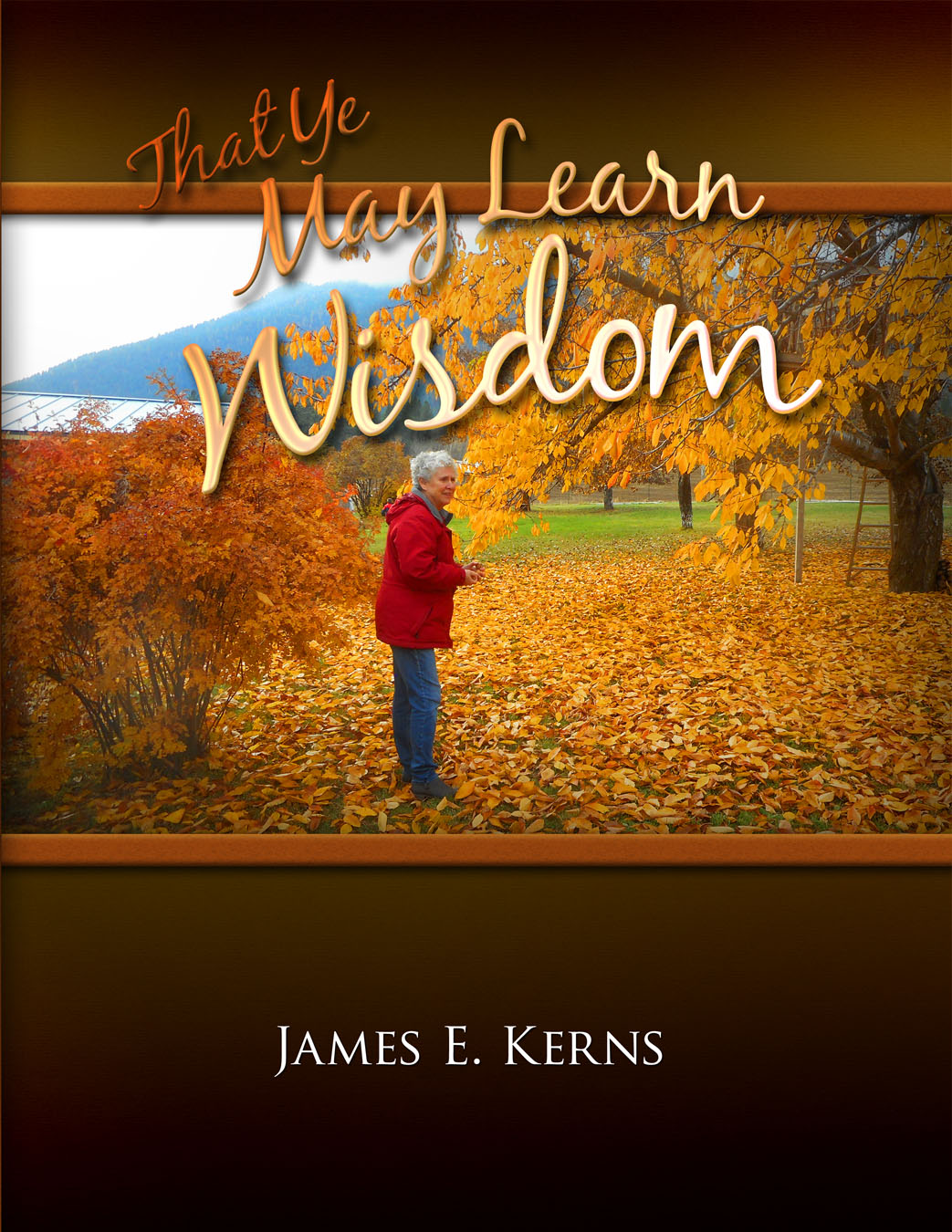Categories: All Articles, Book of Mormon, Repentance, That Ye May Learn Wisdom
Was Lehi the Only One?
As I began another reading of the Book of Mormon last night, I only got six verses read before I got bogged down in thought. Lehi was obviously touched by the warnings of the many prophets who came into the land "prophesying unto the people that they must repent, or the great city Jerusalem must be destroyed." (1 Nephi 1:4).
Lehi believed. Lehi was very much aware of the wickedness of the people around him. Jeremiah, Obadiah, Nahum, Habakkuk, and Zephaniah were among the prophets who were warning the Jews that, without repentance, they and their city would be destroyed.
Lehi was pierced to the heart by this message, so much so that he "prayed unto the Lord, yea, even with all his heart, in behalf of his people." (v. 5). He had lived all his life in Jerusalem (v. 4), he loved the city, and all of his friends and relatives lived there. He doubtless had siblings, and possibly even parents still living there. They, and he, were in danger of being killed by the sword if the inhabitants of the city and of the nation didn't repent.
Therefore, he prayed. He prayed with real intent. He was given a vision of things to come which caused him to "quake and tremble exceedingly." (v. 6). That vision was followed by a second vision in which he was assured that the Lord would "not suffer those who come unto (Him) that they shall perish." (v. 14). The scripture says that "his soul did rejoice, and his whole heart was filled because of the things which he had seen, yea, which the Lord had shown unto him." (v. 15).
The first vision had left him quaking and trembling. The second caused him to rejoice.
Lehi then went forth among the people sharing what he had seen and heard. I imagine that he would have first gone to his relatives and friends. They rejected his message. Everyone, seemingly, rejected him. They didn't like being called wicked and told to repent. They didn't like the idea that their beloved, holy city could be destroyed. His message made many people mad. They laid plans to kill him. The Lord told him to leave.
The question that came into my mind last night was this: Was Lehi the only one who believed and repented? Was his family the only one which was led away to safety?
The answer was no.
There was Ishmael's family. He was persuaded to leave, too. I suspect that Ishmael was very well acquainted with Lehi, and that Ishmael had great respect for Lehi. I suspect that Ishmael's sons had married Lehi's daughters, and that, therefore, the two families were closely connected. Ishmael's family had been organized in a unique way by the Lord Himself to perfectly complement Lehi's family, even making advance provision for the addition of Zoram to the group.
There were also Daniel, Shadrach, Meshach, and Abed-nego. These young men had been taken captive by the Babylonians in an invasion that took place in 606 B.C., five or six years before Lehi's visions. Lehi was very much aware of the Jews' vulnerability because of this earlier attack. Lehi's own sons had probably also been in danger of being carried off by the Babylonians at that time. That invasion by the Babylonians was surely part of the dispersal of the Jews that was orchestrated by the Lord. Those four young men were good and righteous youth whom the Lord saved through the means of that invasion.
And then there was Mulek and his group who somehow escaped Jerusalem and its destruction some few years after Lehi's departure.
Thus there were at least three other groups besides Lehi's who were lead away from Jerusalem by the Lord before its destruction. Very likely there were others.
Lehi was not the only one who took heed, but these are the only ones of which we have record. It will be of great interest to me if we learn of any others.
--2 November 2020
